REALIZING AWAKENED CONSCIOUSNESS
RICHARD P. BOYLE
REALIZING
AWAKENED
CONSCIOUSNESS
INTERVIEWS WITH
BUDDHIST TEACHERS
AND A NEW PERSPECTIVE
ON THE MIND

COLUMBIA UNIVERSITY PRESS NEW YORK

Columbia University Press
Publishers Since 1893
New York Chichester, West Sussex
cup.columbia.edu
Copyright 2015 Columbia University Press
All rights reserved
E-ISBN 978-0-231-53923-4
Library of Congress Cataloging-in-Publication Data
Boyle, Richard P., interviewer, author.
Realizing awakened consciousness : interviews with Buddhist teachers and a new
perspective on the mind / Richard P. Boyle.
pages cm
Includes bibliographical references and index.
ISBN 978-0-231-17074-1 (cloth : alk. paper) ISBN 978-0-231-17075-8 (pbk. : alk. paper)
ISBN 978-0-231-53923-4 (electronic)
1. Enlightenment (Buddhism) 2. BuddhistsInterviews. I. Title.
BQ4398.B68 2015
294.3442dc23
2014029753
A Columbia University Press E-book.
CUP would be pleased to hear about your reading experience with this e-book at .
COVER DESIGN: Archie Ferguson
References to websites (URLs) were accurate at the time of writing. Neither the author nor Columbia University Press is responsible for URLs that may have expired or changed since the manuscript was prepared.
Contents
When I was a young sociology professor some forty years ago, a colleague mentioned one morning that a Japanese Zen master was teaching in downtown Los Angeles. One thing led to another, and a few months later I found myself in a weeklong Zen retreat at a former Boy Scout camp high on Mount Baldy. Four or five days into the silent retreat, as I walked out of the meditation hall into daylight, I suddenly felt the faintest kind of pop, like a soap buddle bursting, and all of my perceptual senses opened to a clarity and vividness I had never experienced before. It was a bit like when your ears pop and you can hear everything more clearly, but this experience was more vivid. It only lasted a short while, and nothing but the remarkable clarity of perception occurred. But it seemed like something very important had happened to me, that I had come a step closer to experiencing reality face to face. Not only was the experience delicious, it also seemed to prove what I had always suspectedthere was something beyond the world where I had thus far spent my life.
Thats the way my path started. Buddhism holds that, if properly followed, the path leads to awakening, to a qualitatively different and truer way of experiencing reality, so now I had no choice but to follow that path, as best I could, wherever it went. It turned out to be a tricky path and didnt always go as advertised. Following it required not only dedication and effort but also discernment and a fair amount of luck. I tried living in the monastery on Mount Baldy (that didnt work well), living in the mountains of northern New Mexico (that worked pretty well), and then (as much from financial necessity as choice) settling in Albuquerque to work as a research sociologist and continue my Buddhist practice on my own.
Life was good, but years went by without much apparent progress. By the time I retired I had pretty much accepted that awakening wasnt going to happen to me. The question then was, Is there anyone else out there who has experienced awakening and would be willing to talk about it in a relatively straightforward, conversational way?, not using Zen-speak or the other forms of Buddhist jargon that have always been opaque to me. Then I would at least know that some people not too different from me had firsthand acquaintance with this thing called awakening.
As a social scientist, I had spent my life researching questions not very different from this one, so with the free time that retirement afforded I worked out a strategy for finding awakened Westerners (if any existed), rather like Diogenes with his lamp, searching for an honest person. I put together a list of Buddhist teachers who seemed especially likely to have experienced awakening and asked if I could interview them for a book. I said I wanted them to tell me about the path they had followed, and also about where it had led them. To my pleased surprise, eleven of the nineteen teachers I contacted agreed to be interviewed, and the transcribed texts of those interviews make up the heart of this book, . All of the teachers described at least some level of experience with awakening, which certainly exceeded my expectations.
Now I had an answer to my question about whether awakening ever really happens in the modern world. But these teachers not only told me about their experiences but also somehow managed to catalyze within me an awakening experience of my own. I realize very keenly how suspicious that must sound, how counter to the conventional perspective of the objective scientist, but what happens happens, and in this case it cant be deleted or ignored. My experience of the world just became dramatically different.
A wonderful advantage was gained from thiswhat the teachers found difficult to tell me in words, they were able to communicate by bringing me in to share their experience. If only that form of communication was available for all people to share! But the advantage of knowing more was countered by the daunting challenge of trying to find words of my own to think about and express what awakening consists of.
Everyone who experiences awakening must find their own way to talk about it. My way is that of a person trained as a social scientist, lugging around a huge bag of what Lvi-Strauss would call intellectual bricolage that Ive accumulated along the way. The first, and formative, intellectual influence was the sociological version of social psychology called symbolic interactionism, which began with the philosopher George Herbert Mead and developed, most importantly for this book, into Peter Berger and Thomas Luckmanns magnificent Social Construction of Reality. As I worked to develop a framework for talking about awakening, the ideas I had collected from psychology, anthropology, and linguistics all began to fit into that symbolic interactionist framework. Finding the right way to incorporate them took some time, but once the basic pieces were in place the rest seemed to fall together neatly and effortlessly. For someone who has long labored at the arduous work of theory construction, the last few months were amazing, like fitting the last pieces into a Rubiks cube. It was like something that happened, not something I did, other than being in the right place at the right time, with the right teachers and the right accumulation of bricolage passed on to me by giants.
Physicists sometimes say about their theories that if it is beautiful, it is probably true. More than anything, this book aims to take what has been known for a very long time and develop a new way of talking about it. That language will doubtless jar the ears of some people. My hope is that it provides a way to express that ancient knowledge that will be helpful for people living in the modern world.
Conceiving a project like this and getting it launched is delicate and tricky; support is especially crucial and deeply appreciated. My special thanks go to Paula England, who has through the years kept me in touch with her path of training and learning with Shinzen Young. When I described to her, by e-mail, the plan I was hatching to ask Buddhist teachers to tell me their path stories, she went to work, telling Shinzen about it and also recommending the project to two other teachers with whom she had studied, Gil Fronsdal and Shaila Catherine. Very few sociologists are also long-term, sincere Buddhist practitioners; her help and support was special.

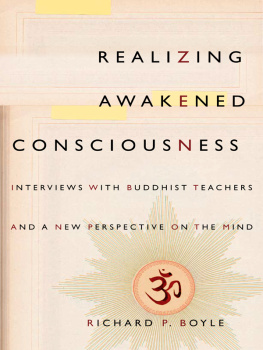
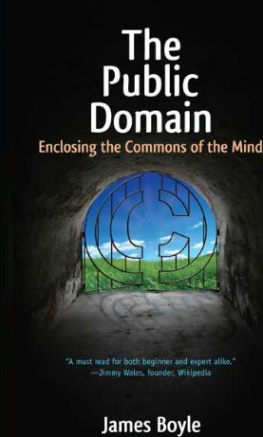

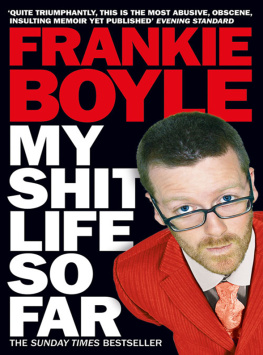
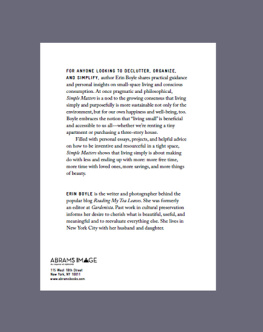
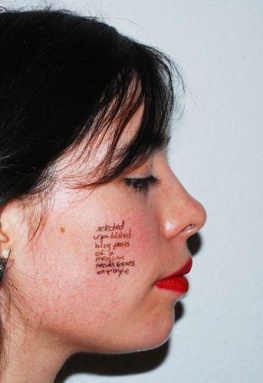
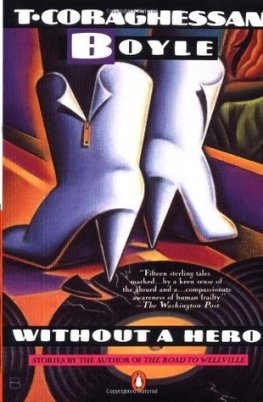

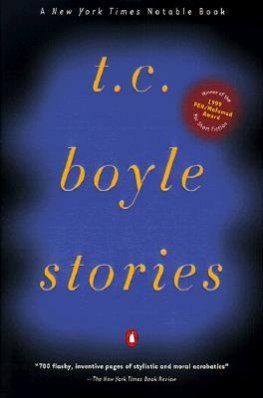

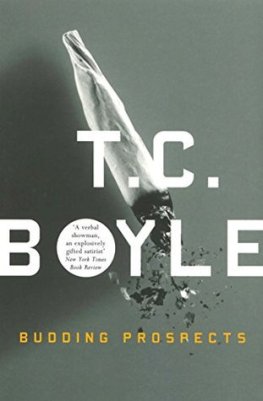

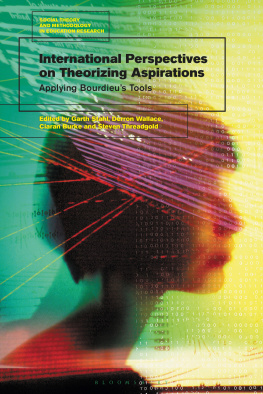


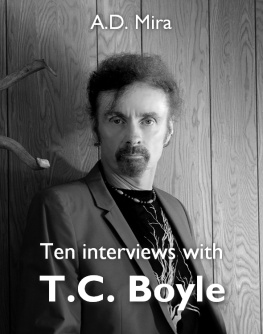
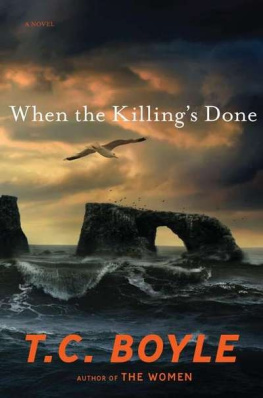
 COLUMBIA UNIVERSITY PRESS NEW YORK
COLUMBIA UNIVERSITY PRESS NEW YORK